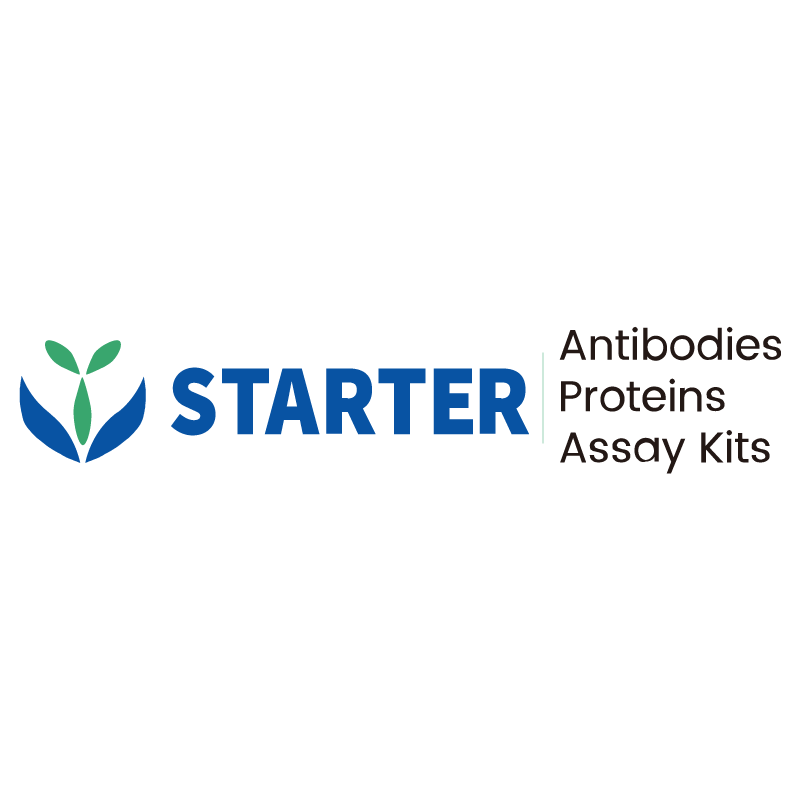Product Details
Product Details
Product Specification
| Host | Rabbit |
| Antigen | Thrombomodulin |
| Synonyms | TM, Fetomodulin, CD141 |
| Immunogen | Recombinant Protein |
| Accession | P07204 |
| Clone Number | SDT-153-50 |
| Antibody Type | Recombinant mAb |
| Isotype | IgG |
| Application | Sandwich ELISA |
| Reactivity | Hu |
| Cross Reactivity | Does not recognize TAT complex, PIC complex, tPA-PAI-1 complex |
| Purification | Protein A |
| Concentration | 2 mg/ml |
| Purity | >95% by HPLC |
| Conjugation | Unconjugated |
| Physical Appearance | Liquid |
| Storage Buffer | PBS pH7.4, 0.03% Proclin 300 |
| Stability & Storage | 12 months from date of receipt, 2 to 8 °C as supplied |
Dilution
| application | dilution | species |
| Sandwich ELISA | N/A |
Background
Thrombomodulin (TM), a high affinity thrombin receptor present on endothelial cell membrane, plays an important role as a natural anticoagulant. It acts as a cofactor of thrombin-catalyzed activation of protein C, and inhibits the procoagulant functions of thrombin. TM is also located in other cells (keratinocytes, osteoblasts, macrophages...) where it might be involved in cell differentiation or in inflammation. In the presence of cytokines, activated neutrophils and macrophages, endothelial TM is cleaved enzymatically, releasing soluble fragments which circulate in the blood and are eliminated in urine. Plasma TM level (pTM) can be measured using a two-site enzyme-linked immunosorbent assay (ELISA). pTM level is regarded as a molecular marker reflecting injury of endothelial cells. It is often increased in case of diffuse endothelial damage as in disseminated intravascular coagulation, diabetic microangiopathy, Plasmodium falciparum and rickettsial infections. pTM is also a predictive marker of hypertensive complications in pregnancy. In several systemic inflammatory diseases, pTM levels are correlated to the activity of the disease.
Picture
Picture
Paired Recommendations


